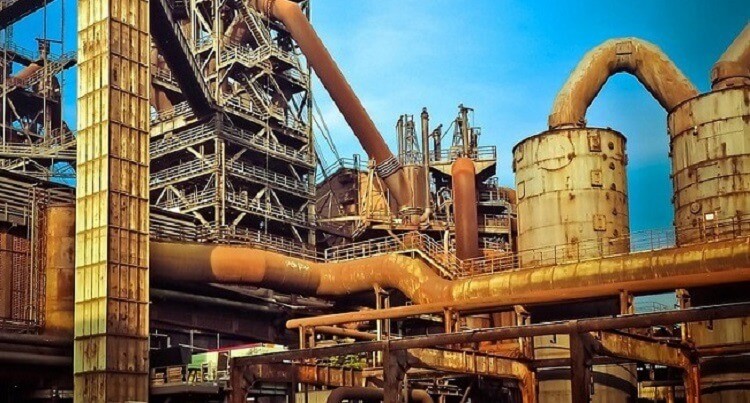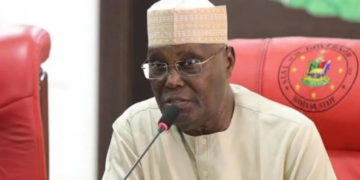The Senate has once again expressed concerns regarding the prolonged inactivity of the Ajaokuta Steel Company Limited (ASCOL) in Kogi State, Nigeria. Since its establishment, ASCOL has remained non-operational for nearly 40 years.
During a one-day investigative hearing focused on allegations of corruption and inefficiency at ASCOL and the National Iron Ore Mining Company (NAICOM) and the overall performance of federal government-owned enterprises since 2002, the Senate Ad-hoc Committee uncovered several troubling issues.
Lawmakers were taken aback by the presentation made by the Minister of Steel Development, represented by Permanent Secretary Dr. Chris Osaruwanmwen, which was criticised as “insufficient.”
Senator Adeniyi Ayodele Adegbonmire (SAN), chairman of the committee, questioned how Ajaokuta could function when the ministry in charge submitted only a sparse two-page memorandum. “What you provided lacks the substance needed to address Ajaokuta’s challenges. Explain the issues and the steps taken to resolve them; your presentation indicates a lack of oversight,” he stated.
The committee also learned that the privatisation and concession agreements regarding the company were outside Nigeria’s best interest. Under the concession with Global Infrastructure Nigeria Limited (GINL), GINL was expected to inject capital into the company, yet they still needed to invest funds.
Adding to the frustration, Nigeria controversially paid GINL $496 million as part of an out-of-court settlement, despite GINL contributing only a few dollars. This revelation sparked outrage among Senate members, highlighting the financial mismanagement involved.
Hamisu Abdullahi, Director of Banking Services at the Central Bank of Nigeria (CBN), confirmed the payment of $496 million to GINL, detailing that $250 million was sourced from the Federal Government’s independent revenue account as part of the settlement in September 2022, with the remainder disbursed in instalments.
Engr. Sumaila Abdul Akaba, Sole Administrator of Ajaokuta, characterised ASCOL as a vital entity, asserting that the plant remains in good condition. He mentioned that the completed line plant, ready in six months, could satisfy the lime needs of all 36 states.
Akaba refuted claims that ASCOL is outdated, explaining that the same Russian technology used in Ajaokuta is employed in steel plants across India and China. He defended the necessity of retaining staff at the steel company and allocating N4.2 billion for salaries in the 2024 budget, which Senator Natasha Akpoti-Uduaghan criticised. He emphasised that the maintenance staff is crucial to preserving Ajaokuta’s operational potential, likening it to neglecting a new car left unattended for a year.
Various stakeholders participated in the investigative hearing, including representatives from the Federal Ministry of Finance, the Nigeria Society of Engineers, and the Steel and Engineering Workers Union of Nigeria.
We’ve got the edge. Get real-time reports, breaking scoops, and exclusive angles delivered straight to your phone. Don’t settle for stale news. Join LEADERSHIP NEWS on WhatsApp for 24/7 updates →
Join Our WhatsApp Channel










